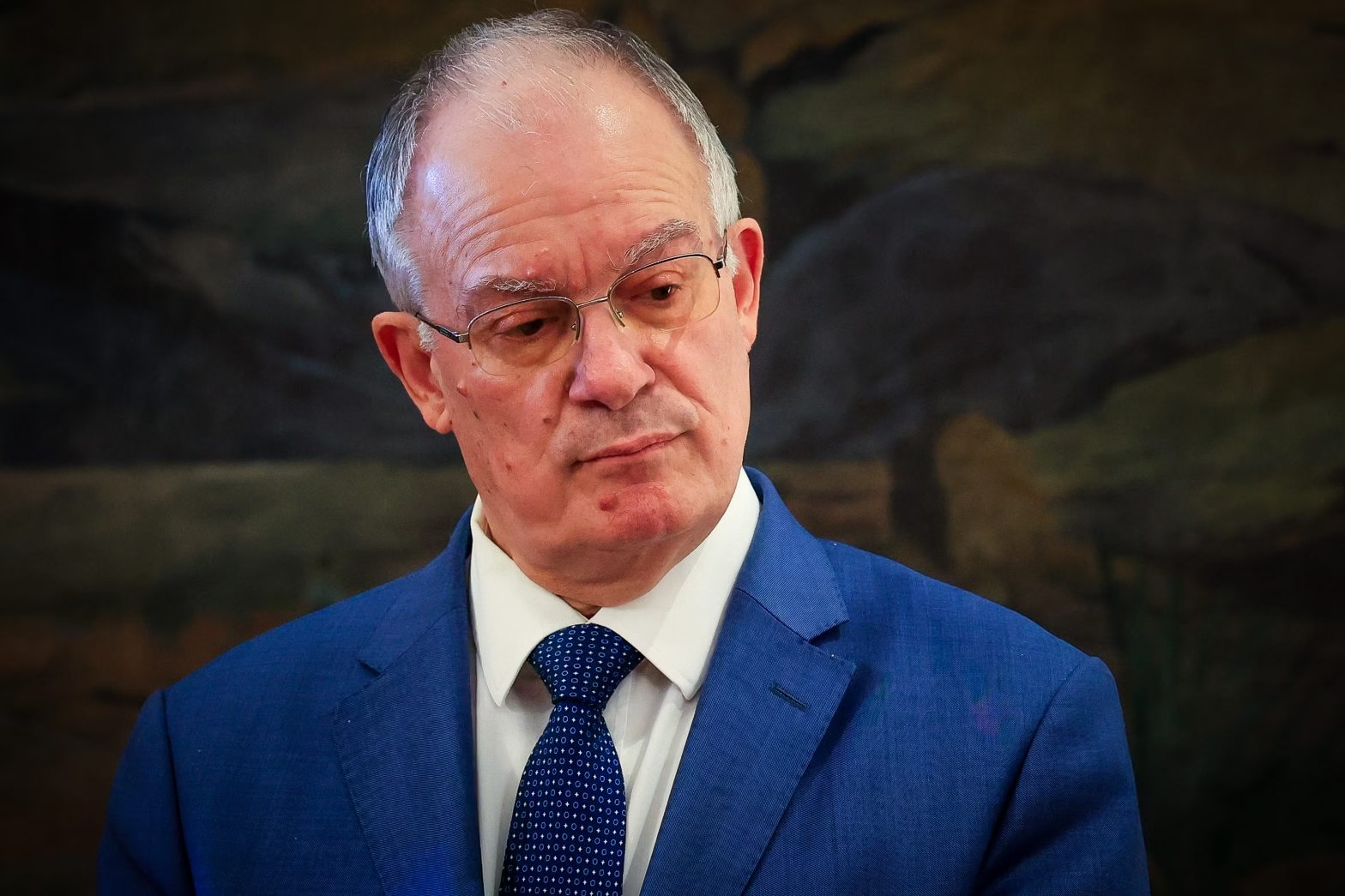Greece’s parliament elected former speaker Constantine Tassoulas as the country’s new president on Wednesday, approving the conservative government’s nominee for the largely ceremonial role.
Tassoulas’ nomination has sparked protests, with demonstrators demanding accountability for the 2023 train crash—Greece’s deadliest rail disaster. Protesters argue that under his tenure as parliamentary speaker, lawmakers failed to investigate political responsibility for the tragedy. Two years later, the judicial probe remains ongoing.
The 66-year-old lawyer and veteran politician secured 160 votes in the 300-seat parliament, succeeding Katerina Sakellaropoulou, Greece’s first female president, whose term ends in March.
Prime Minister Kyriakos Mitsotakis defended his choice, citing Tassoulas’ political experience, broad acceptance, and “unifying spirit.” However, opposition parties refused to support the nomination, with analysts suggesting the move strengthens Mitsotakis’ grip on power.
Greece’s presidential election process has undergone reforms, eliminating the risk of snap elections if a president is not elected. Tassoulas will be officially sworn in as head of state on March 13.



